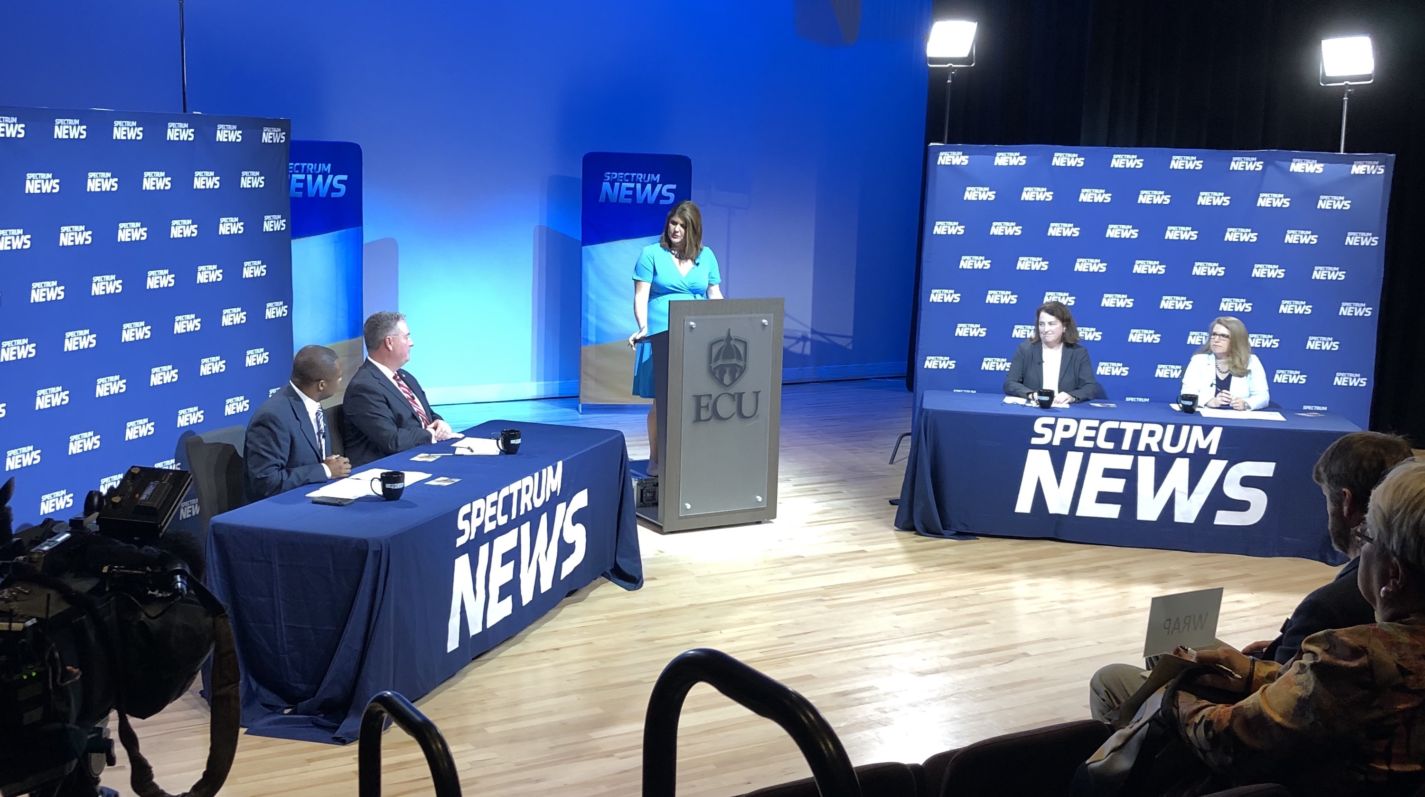As reported by the Associated Press:
After a decade of vigorous opposition, most North Carolina Republicans have now embraced the idea of expanding the state’s Medicaid program to cover hundreds of thousands of additional low-income adults. Legislative approval finally appears within reach.
For the record, the John Locke Foundation, the parent company of Carolina Journal, continues to hold the position that Medicaid expansion is wrong for North Carolina.
We have covered the issue for over a decade, and our research is found here, here, and here.
However, Medicaid expansion is on the table. Jones Street is seriously considering enacting Medicaid expansion late this year, after the November election and before the new General Assembly is seated.
Republicans believe their decade-long reforms to Medicaid have made the program more manageable. They now think Congress is locked into paying for 90% of the program perpetually.
However, there are challenges to enacting expansion even though the governor and both GOP leaders in the state House and Senate now agree in principle
Senate Republicans are demanding sweeping reforms to access and delivery of medical services in North Carolina. They do not intend to expand Medicaid in North Carolina without increasing access to healthcare. Many of the reforms the state Senate are proposing have long been advocated by Locke, outside of the Medicaid expansion discussion.
The Senate is not interested in giving 600,000 people who would be added to the Medicaid rolls health care coverage with little way to access actual healthcare. North Carolina has had a shortage of primary care doctors and other specialists for decades.
The Senate’s first priority is scaling back, if not eliminating, the state’s medical certificate of need.
As columnist John Hood noted:
The dispute isn’t really about Medicaid expansion anymore. It’s about an archaic regulatory system called certificate of need (CON). North Carolina requires hospitals, physician practices, and other providers to get a permission slip from the state to add a new location, expand an existing one, or make other major investments in equipment or services.
When CON was concocted decades ago, its proponents believed such a regulatory apparatus would keep prices down by discouraging the overutilization of services. Then reality intruded. By limiting competition, CON created monopolies and cartels that tended to drive prices up and quality down, just as they do in most other sectors of the economy.
Gov. Roy Cooper blamed the intransigence of North Carolina’s hospital executives, whom he urged to ‘step up and compromise with the state legislature.’
The hospitals fired back.
“Medicaid expansion should not come with strings attached that would jeopardize the future for hospitals, our state’s safety net,” wrote Steve Lawler, who leads a group that represents the state’s hospitals: North Carolina’s Healthcare Association in a letter to Cooper, Berger and Moore, according to AXIOS. “We are not elected to office and therefore we are not the ones standing in the way of passing legislation.”
There remains a window to get something done,” Sen Phil Berger said. “But quite frankly, as long as the hospitals remain as intransigent as they are, I don’t see that we’re going to make any progress.”
The group representing doctors and other specialists also has concerns over efforts to deregulate some medical services. There are efforts by the state senate to allow nurse practitioners, certified nurse midwives, and others to deliver some medical services that currently must be provided or supervised by doctors.
Specifically, the state Senate version of Medicaid reform included the SAVE Act, which allows nurses to practice at the top of their training without a doctor present. It’s a measure that doctors’ groups have opposed but targets rural areas where staffing shortages have reduced access to health care.

It
They are tough in defending their interests. Expansion of Medicaid is acutely important to rural hospitals, but major urban hospitals do not want to give up their certificate of need. Doctors are holding their lobbying position against expansion of nursing activities.
“It’s absolutely crucial that the General Assembly work to increase health care supply in our state,” Jordan Roberts, director of government affairs for Locke told Carolina Journal in May. “Across North Carolina, numerous counties suffer from a lack of critical care. In many cases, restrictive state laws cause this shortage. Health care demand is there; we need to ensure our state can serve all the patients in need.”
Republicans would also write work requirements into the law. However, as CJ’s Donna King has explained, the Biden Administration will likely block those work requirements.
There are other hurdles. Some GOP members have retained their position against Medicaid expansion, as Locke has done. Any expansion of Medicaid would be supported by Gov. Roy Cooper and General Assembly Democrats. However, bills not supported by 60% or more of the majority party members are rarely put to a vote. Republicans’ leaders won’t get there if doctors and hospitals support Medicaid expansion in theory but oppose the actual bills that would do it.
For Medicaid expansion to happen, large medical interest groups will have to compromise. They will have to give up some protections they have for legitimate competition in medical care.
I don’t know if there are “unforgivable sins” in politics. Republicans agreeing to an about-face on Medicaid Expansion and doing it without much-needed reforms to increase access and competition in health care would be close.